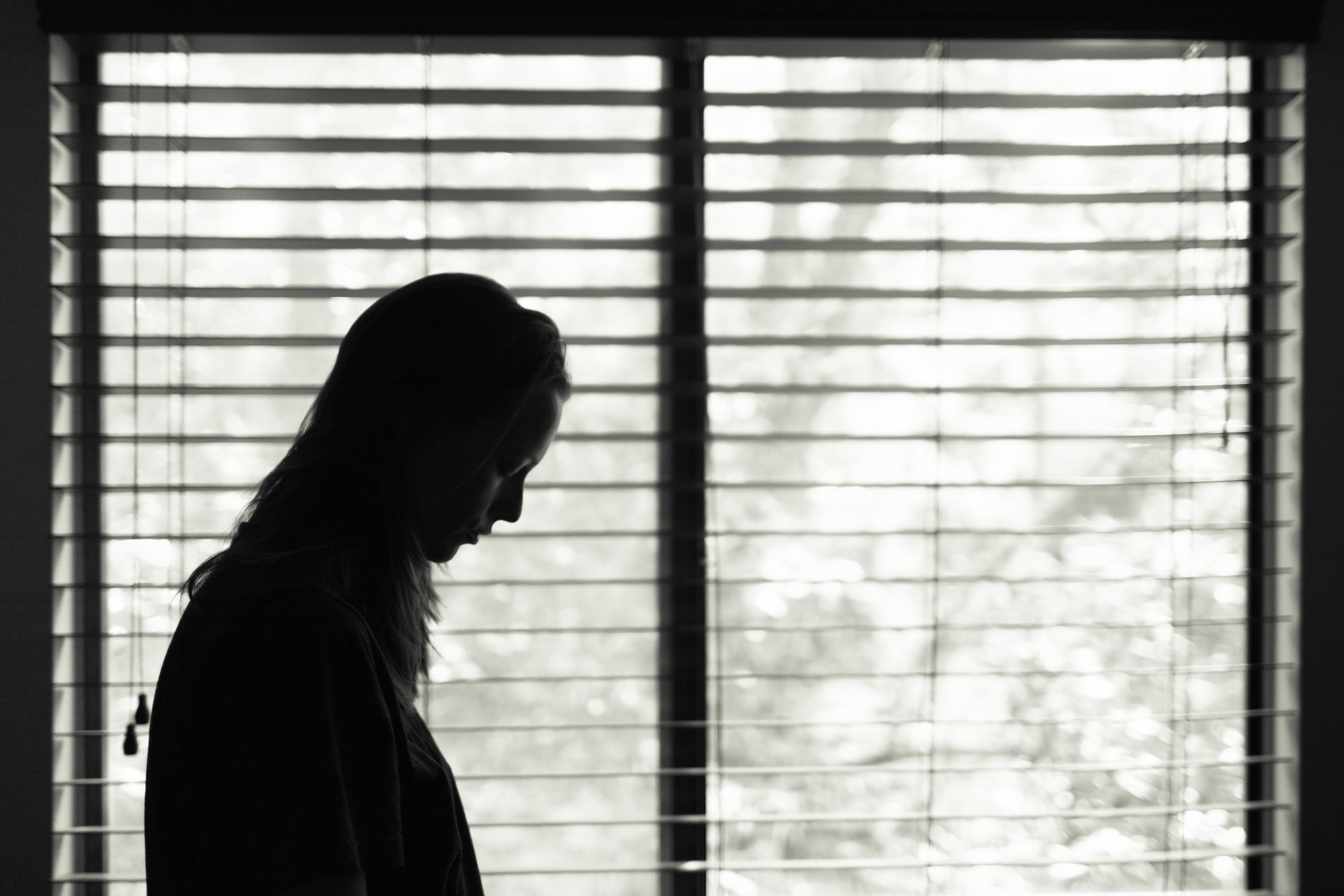Migrant domestic abuse victims’ data must not be shared between police and Home Office, report warns
Vulnerable crime victims with insecure immigration status to scared to come forward in case they are deported, investigation concludes

Police and government must urgently introduce measures to stop police sharing domestic abuse victims’ immigration data with the Home Office, a major new report has warned.
Campaigners have routinely voiced fears women with unsettled immigration status who are suffering domestic violence are often too fearful to report the abuse due to fears police will share their data with the Home Office and they will face deportation.
The investigation, carried out by HM Inspectorate of Constabulary and Fire and Rescue Services, the College of Policing and the Independent Office for Police Conduct, supported the view many vulnerable crime victims with insecure immigration status are too scared to come forward to report in case their information is handed to immigration enforcement.
Investigators looked at migrants in massively vulnerable situations such as those trapped at home with abusive partners or victims of modern slavery and human trafficking.
It comes after the first ever police super-complaint was launched by leading charities, Liberty and Southall Black Sisters, into police sharing victims’ immigration details with the Home Office.
A super-complaint is a legal process that allows groups to raise issues on behalf of individuals about "harmful trends in policing.”
The investigation found there are inconsistent stances on how information is distributed between police and the Home Office about both victims and witnesses to crime.
A domestic abuse survivor, who was supported by Southall Black Sisters, said: “I was very scared to go the police before but if we know that the police won’t share our information with the Home Office, we can go to the police without being frightened.
“This means that I no longer have to hide and I don’t have to suffer on my own. There are a lot of women like me who are scared and in the same situation and now we will have hope that we will be believed and be helped in the right way.”
Southall Black Sisters and Liberty warned data sharing has been “particularly damaging” in the wake of the Covid crisis as victims have been cooped up at home with their abusive partners but have been too frightened to go to the police.
The charities argue data sharing between frontline services and the Home Office is an element of the government’s hostile environment which must be axed.
Pragna Patel, director of Southall Black Sisters, said she was relieved their complaint about the “public harm” unleashed on domestic abuse victims by data sharing between the police and the Home Office has been “upheld on every single count”.
She added: “The report confirms our view that the police response to abused migrant women raises serious concerns and may well be discriminatory. We welcome the call for major changes in law, policy and practice so that there is an effective firewall between the police and immigration enforcement."
Wider measures which keep migrant victims of abuse safe need to be “legally enshrined” in the landmark domestic abuse bill, Ms Patel added.
Nicole Jacobs, the Domestic Abuse Commissioner, alongside the two charities, is demanding a data firewall is built between police and immigration enforcement to ensure victims of domestic abuse are safe.
Ms Jacobs told The Independent the domestic abuse bill, which has its second reading in the House of Lords in early January, should have provisions to implement the firewall.
She added: “The findings of the report shows there is a lack of awareness within police forces about the implications of sharing data.
“We would never want someone being subjected to domestic abuse to fear or hold back from contacting the police or the NHS or other public agencies to support them for advice or safety because they fear they could be deported or experience another negative consequence to their immigration status.
“The concept of the Home Office looms so largely over people and the worry their information will be passed to this entity they fear. It creates fear in seeking help from anyone and everyone.”
HM Chief Inspector of Constabulary, Sir Thomas Winsor, said victims should be confident when asking the police to safeguard them.
He added: “They should expect and receive protection at times when they are vulnerable and so desperately need the assistance of the agents of the state.
“Victims should never be in a position where they fear the actions of the police could unintentionally but severely intensify their vulnerability and thereby strengthen the hands of organised criminals and others whose motives and objectives are to inspire fear and do them harm.”
The investigation recommended officers who have worries about a domestic abuse victim’s immigration status to straight away stop giving immigration enforcement information on the individual. It also called for the Home Office to relook at the legal framework and policy on these issues.
IOPC director general, Michael Lockwood, said: “Victims must have confidence that, regardless of their immigration status, their allegations will be robustly investigated and given a high priority."
National Police Chiefs’ Council lead for immigration crime, Chief Constable Shaun Sawyer, said when an individual comes forward to report a crime, police will "always, first and foremost" treat them as a victim.
He added: “The police priority is to protect victims and investigate crime, and we are extremely careful about doing anything to deter victims from reporting to us.
“This is the first outcome from a super complaint about policing and we must now take time to carefully consider the recommendations.”



Bookmark popover
Removed from bookmarks